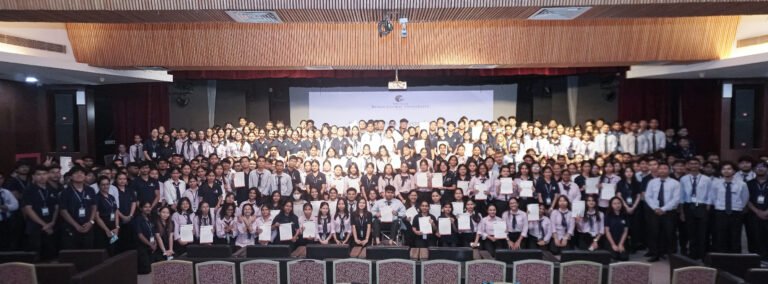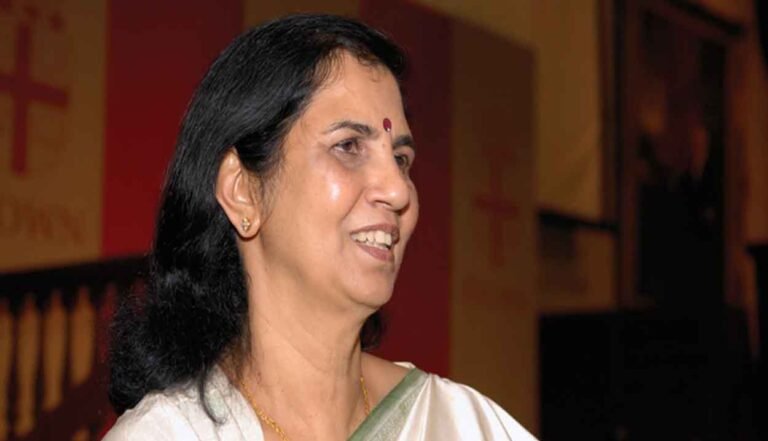New Education Policy Unlocks IIT Research Pathways for Gurukul Students; Generous Scholarships Announced

In a move set to redefine the contours of India’s higher education system, students who have studied in traditional gurukuls—often without formal academic degrees—will now have the opportunity to pursue recognised qualifications and undertake research at premier institutions such as the Indian Institutes of Technology (IITs).
Backed by scholarships and research fellowships, the initiative aims to bring scholars trained in ancient Indian knowledge systems into the mainstream of modern academia.
This transformative policy shift marks the government’s continued push to integrate traditional learning with contemporary education, as envisioned under the National Education Policy (NEP) 2020.
For the first time, institutional doors are being opened for scholars rooted in India’s classical intellectual traditions—ranging from Vedanta, Nyaya, Ayurveda, Yoga, Sanskrit linguistics, to indigenous knowledge of astronomy, mathematics, and social governance.
Institutional Recognition for Ancient Wisdom
For decades, traditional knowledge systems existed parallel to India’s formal education system, revered in theory but marginalized in practice.
The new scheme seeks to change that by offering pathways for recognition, certification, and integration into the highest levels of academic research.
Under the initiative, students who have undergone intensive gurukul training or have demonstrable expertise in Indian Knowledge Systems (IKS) will be able to:
• Earn recognised academic credentials through equivalence or specially designed assessment mechanisms.
• Apply for postgraduate and doctoral research at premier institutes including IITs, IISc, and Central Universities.
• Receive government-funded scholarships for advanced research in classical disciplines and their modern applications.
Scholarships and Fellowships
The scholarships are expected to cover full tuition fees, provide monthly stipends, and offer additional funds for research projects and academic travel. A special emphasis will be placed on:
• Interdisciplinary research combining ancient texts and contemporary science.
• Development of digital archives, translations, and critical editions of rare manuscripts.
• Application of traditional ecological and medical knowledge to sustainable development, public health, and AI-driven research.
The Ministry of Education is likely to collaborate with bodies such as the Indian Knowledge Systems (IKS) Division under AICTE and the Indira Gandhi National Centre for the Arts (IGNCA) to facilitate mentoring, certification, and curriculum design.
The government’s push comes amid rising global interest in ancient Indian practices. Ayurveda is increasingly being recognised in integrative medicine systems; Yoga is now a global wellness movement; and Sanskrit computational linguistics is gaining traction in AI research.
By enabling traditional scholars to work alongside scientists, technologists, and social theorists, the government hopes to “harness India’s civilisational wisdom for contemporary innovation,” according to officials familiar with the programme.



